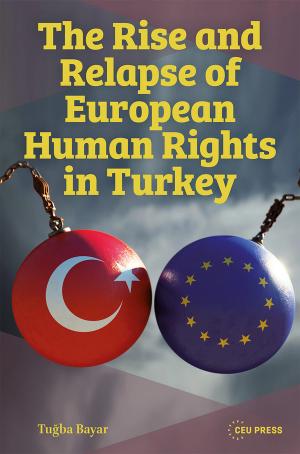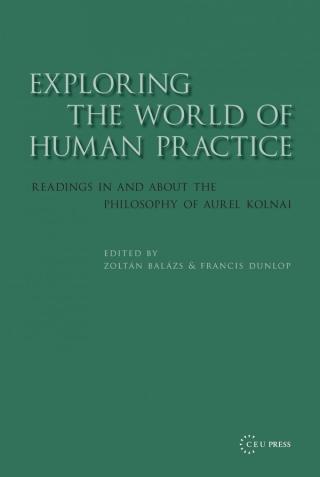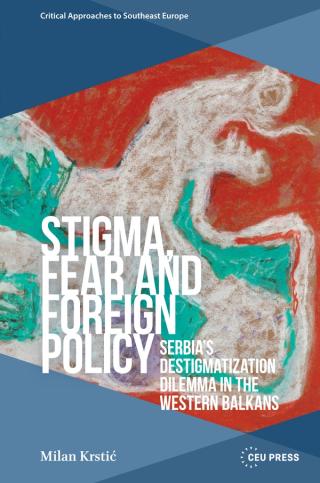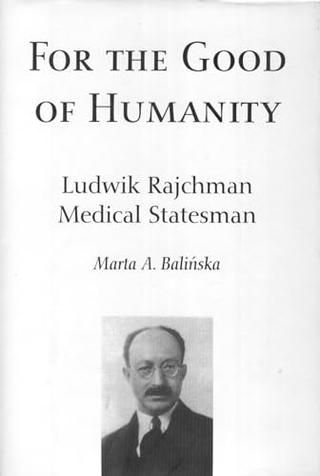This book examines the trajectory of human rights in Turkey under the Justice and Development Party (AKP) from 2002 to 2024 within the broader context of EU–Turkey relations. It traces Turkey’s shift from early democratic reforms aligned with EU accession goals to a period of democratic backsliding marked by centralization of power and repression. Adopting a neo-Gramscian lens, the book analyzes how EU conditionality initially fostered reform but ultimately failed to anchor liberal norms, revealing a contested hegemonic relationship. Turkey’s evolution—from internalizing to resisting EU-promoted norms—is interpreted as a transition from passive norm transmission to the construction of a counter-hegemonic project. The study draws on case studies across legal reforms, governance practices, and key political events to explore how domestic and international dynamics interact in shaping human rights outcomes. It offers new insights into the fragility of normative power and the complexity of sovereignty, legitimacy, and resistance in international human rights regimes.






